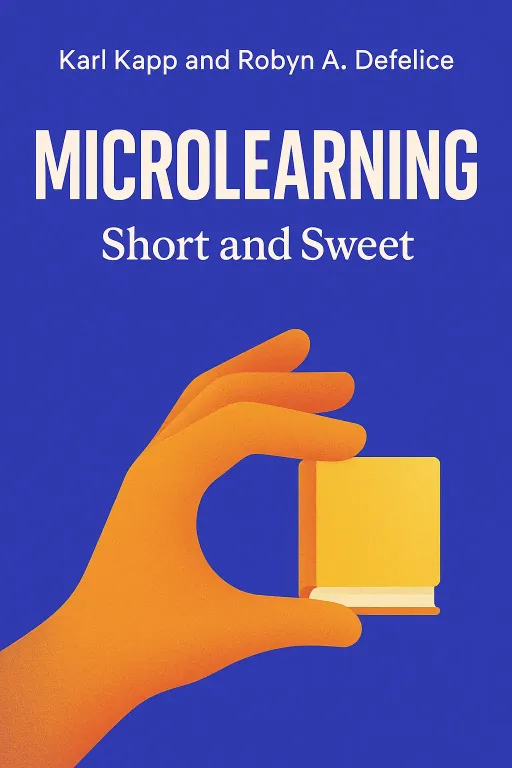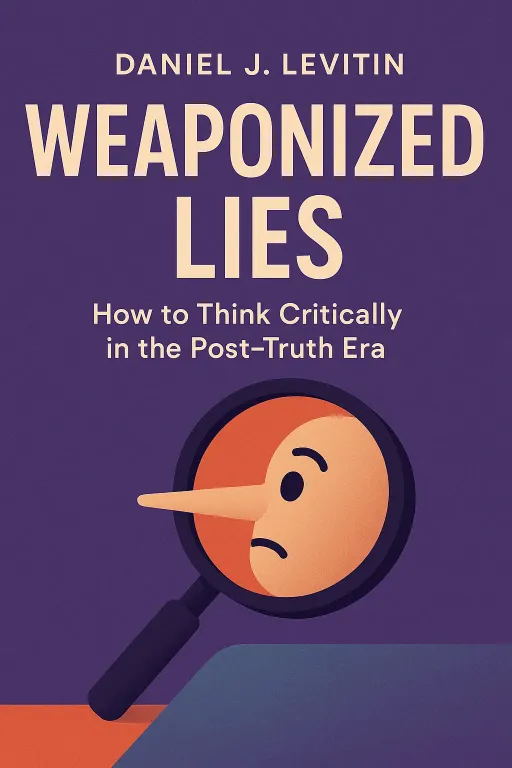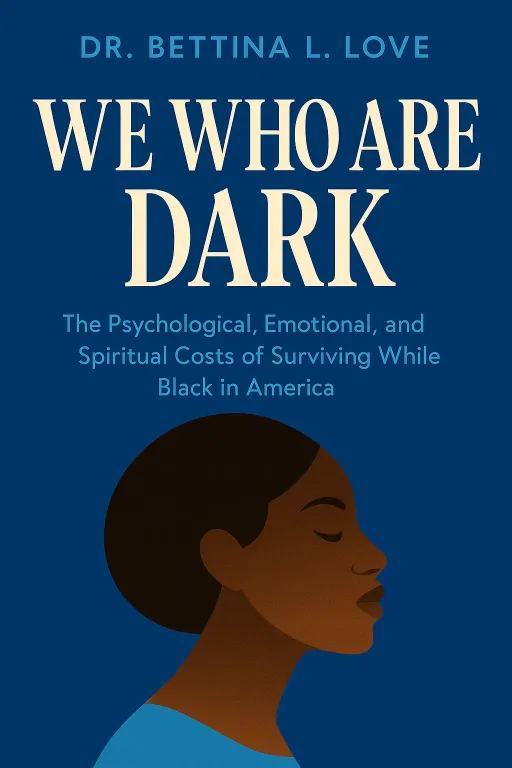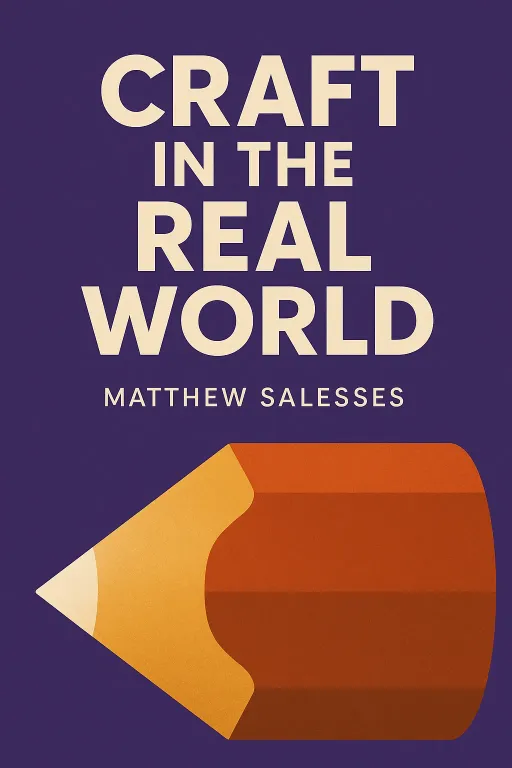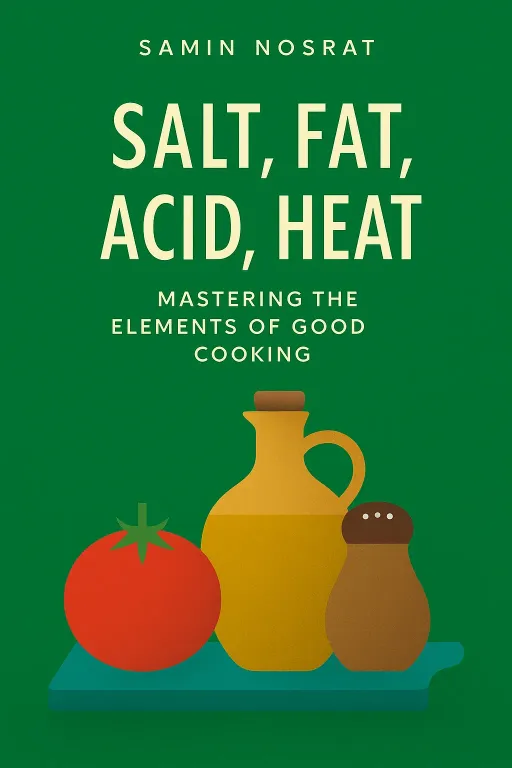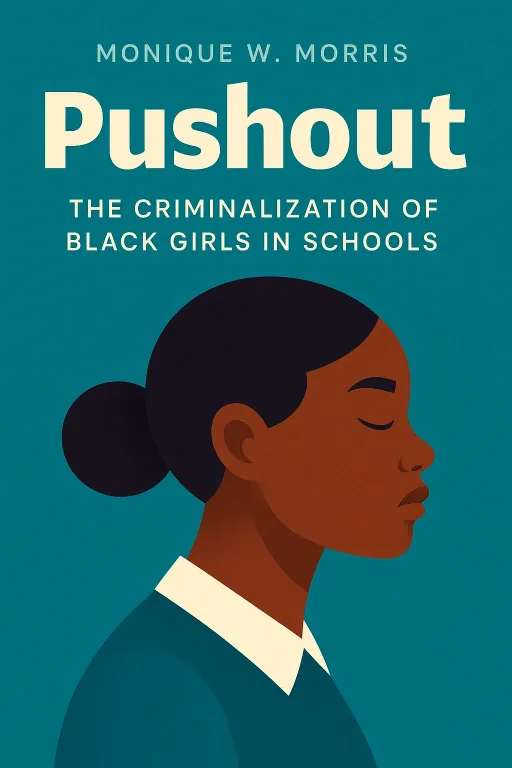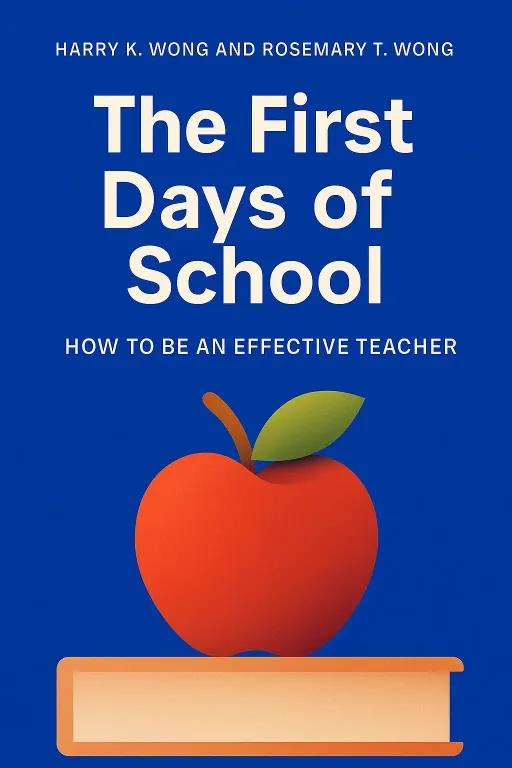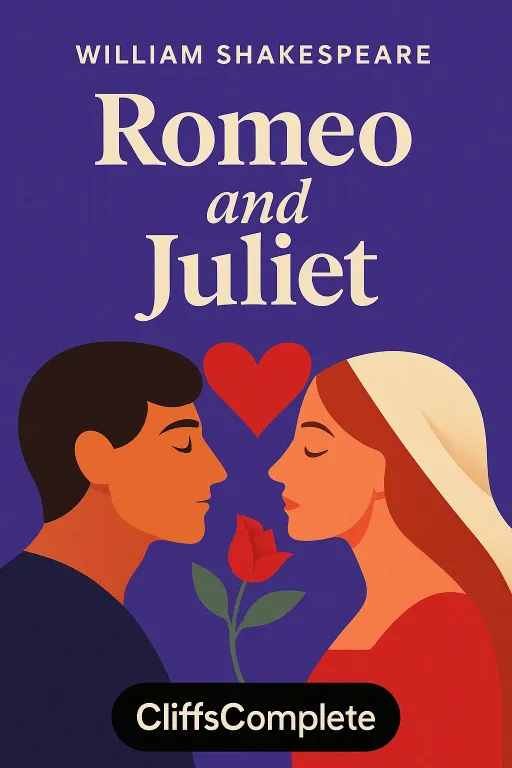
Shakespeare’s Romeo and Juliet
10 minIntroduction
Narrator: Imagine a cold, stone tomb. Inside, two wealthy fathers, lifelong enemies, stand over the bodies of their children. The Prince of Verona, surveying the carnage—a count, a young man, and a girl barely fourteen, all dead—asks the question that echoes through centuries: "See what a scourge is laid upon your hate, that heaven finds means to kill your joys with love?" How did a passionate romance between two teenagers escalate into a pile of bodies and a city-wide tragedy? The answer lies not just in the story itself, but in the world that created it. The CliffsComplete edition of William Shakespeare’s Romeo and Juliet provides a deep analysis of the play, exploring the historical context, thematic complexities, and character motivations that turn this famous love story into a timeless cautionary tale.
The Play is a Product of a Volatile and Hierarchical World
Key Insight 1
Narrator: To understand Romeo and Juliet, one must first understand the world of Early Modern England. The book explains that this was a period of immense change and contradiction. People believed in a rigid cosmic order called the "Great Chain of Being," a hierarchy with God at the top, followed by angels, kings, nobles, commoners, animals, and so on. A woman ruling, like Queen Elizabeth I, was seen as literally "out of order," a disruption to the natural way of things. This belief in a fixed social structure, where one’s place was determined by ancestry and wealth, is the bedrock of the Capulet and Montague feud.
The analysis highlights the life of Shakespeare's own father, John Shakespeare, as an example of the era's instability. John was a successful businessman who rose to become the bailiff, the highest elected official in Stratford-upon-Avon. He even petitioned for a family coat of arms to elevate his status to that of gentry. However, his fortunes suddenly turned. He fell into financial ruin and lost his public office, possibly due to his Catholic sympathies in a newly Protestant England. It was only through his son William's later success in the London theater that the family's honor and status were restored. This story illustrates that social standing was both highly coveted and incredibly precarious. This tension—between social ambition and the potential for ruin—fuels the conflicts in many of Shakespeare's plays, including the desperate measures taken by the Capulets and Montagues to protect their family honor.
The "Ancient Grudge" Poisons Everything, From Language to Love
Key Insight 2
Narrator: The play opens not with the lovers, but with a raw display of the feud's poison. In the streets of Verona, servants from the two houses engage in crude banter that quickly escalates into a violent brawl. When the noble Tybalt, a Capulet, sees his peaceful Montague cousin Benvolio, he doesn't see a man trying to stop a fight; he sees an enemy. "What, drawn, and talk of peace!" he snarls, "I hate the word, as I hate hell, all Montagues, and thee." This opening scene establishes that the "ancient grudge" is not a distant political dispute; it is a visceral, street-level hatred that infects every level of society.
The book’s analysis shows how this hatred creates the central tragedy. Romeo and Juliet's love is pure, but it is born into a world that cannot contain it. Juliet’s famous question from her balcony, "O Romeo, Romeo! Wherefore art thou Romeo?" is not asking where he is, but why he is a Montague. She follows this with the profound realization, "What's in a name? That which we call a rose / By any other word would smell as sweet." She argues that the names "Montague" and "Capulet" are arbitrary labels that have nothing to do with their true selves. Yet, the entire play demonstrates the opposite: in Verona, these names are everything. They are a death sentence. The feud makes their love a political act and forces them into secrecy, which ultimately leads to their doom.
A Series of Flawed Plans and Unhappy Fortunes Seal the Lovers' Fate
Key Insight 3
Narrator: While the Prologue calls Romeo and Juliet "star-crossed," suggesting their fate is inevitable, the play’s analysis reveals that their tragedy is accelerated by a series of well-intentioned but deeply flawed human plans. The central architect of these plans is Friar Laurence. When Romeo and Juliet decide to marry in secret, the Friar agrees, not just out of affection for them, but with the grander hope that "this alliance may so happy prove / To turn your households' rancour to pure love." He sees their marriage as a political tool to end the feud.
This initial plan goes horribly wrong. After Romeo is banished for killing Tybalt, Juliet is desperate to avoid a forced marriage to Paris. The Friar concocts an even more dangerous scheme: he gives Juliet a potion that will make her appear dead for 42 hours. He will send a letter to the banished Romeo, who will then rescue her from the family tomb when she awakens. But this intricate plan is fragile. The story of its failure is a lesson in how chance can unravel the best-laid plans. Friar John, the messenger, is unexpectedly quarantined on his way to Mantua due to a suspected plague outbreak. He never delivers the letter. As Friar Laurence laments upon hearing the news, "Unhappy fortune!" The failure of this one message means Romeo never learns the truth. Instead, he hears only that his beloved Juliet is dead, a misunderstanding that sends him racing back to Verona with a vial of poison and a death wish.
The Final Tragedy Forces a Painful, But Necessary, Reconciliation
Key Insight 4
Narrator: The play’s climax in Act V is a cascade of tragic miscommunications. Romeo arrives at the Capulet tomb, where he encounters a grieving Paris. Believing Romeo is there to desecrate the tomb, Paris confronts him. They fight, and Romeo kills him. Inside, Romeo sees Juliet's seemingly lifeless body, remarks that her beauty makes the vault a "feasting presence full of light," and drinks his poison, dying beside her. Moments later, Juliet awakens. Friar Laurence arrives too late, finds the bodies, and urges Juliet to flee. But upon seeing Romeo dead, she refuses. She finds his dagger and, saying, "O happy dagger! This is thy sheath," she kills herself.
The book emphasizes that their deaths, while tragic, are not meaningless. As the Prologue promised, "with their death bury their parents' strife." When the Prince and the feuding families arrive, the full story is revealed by Friar Laurence and confirmed by a letter Romeo had written. Faced with the ultimate consequence of their hatred, Lord Capulet and Lord Montague finally reconcile. Montague promises to raise a statue of Juliet in pure gold, and Capulet pledges to do the same for Romeo. The Prince concludes with the play’s final, sorrowful lines: "For never was a story of more woe / Than this of Juliet and her Romeo." The analysis suggests that the lovers' sacrifice was the "scourge" necessary to cleanse Verona of its hate, transforming a personal tragedy into a public lesson.
Conclusion
Narrator: Ultimately, the CliffsComplete analysis of Romeo and Juliet reveals that the play is far more than a simple story of teenage love. It is a profound exploration of a society collapsing under the weight of its own hatred. The tragedy is not caused by one single factor, but by a perfect storm of societal pressure, individual choices, and cruel twists of fate. The love between Romeo and Juliet is not the cause of the tragedy; it is its primary victim.
The play’s enduring power lies in its warning about the destructive nature of "ancient grudges," those inherited conflicts we perpetuate without question. It forces us to ask: what are the feuds we are still fighting in our own families, communities, and nations, and what price will we pay before we, like the Lords of Verona, finally choose to let them go?
